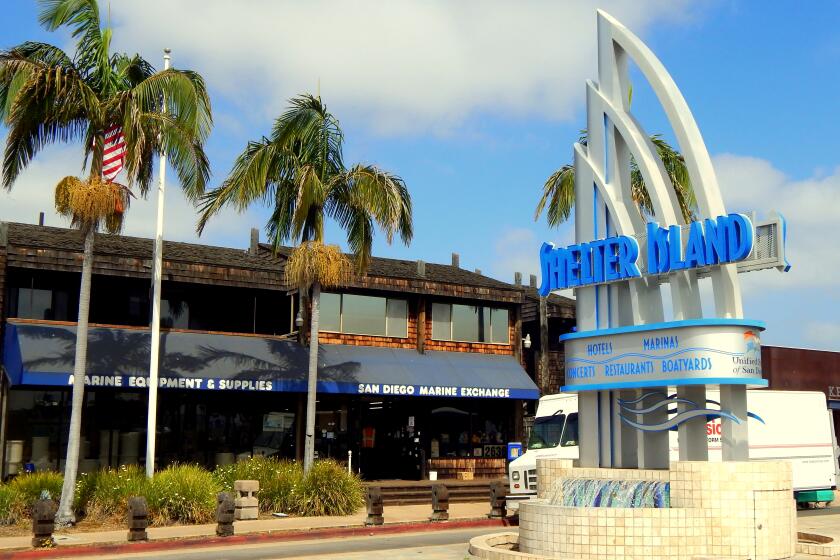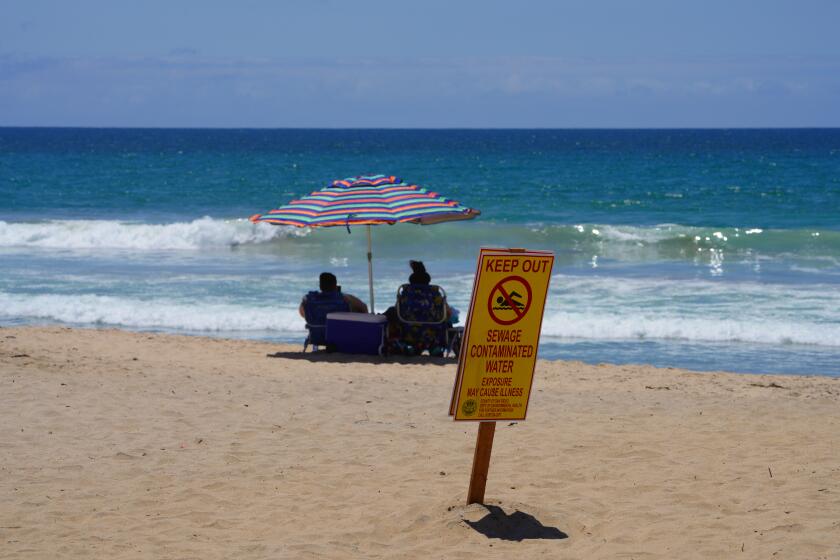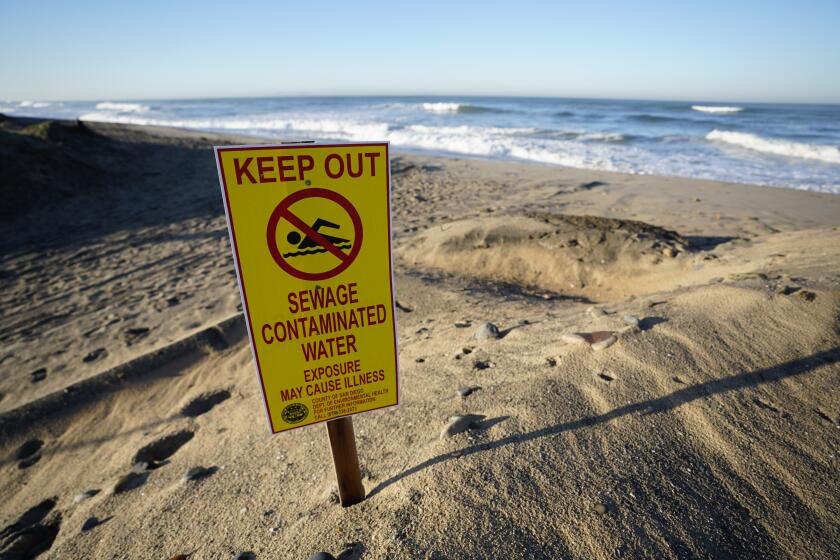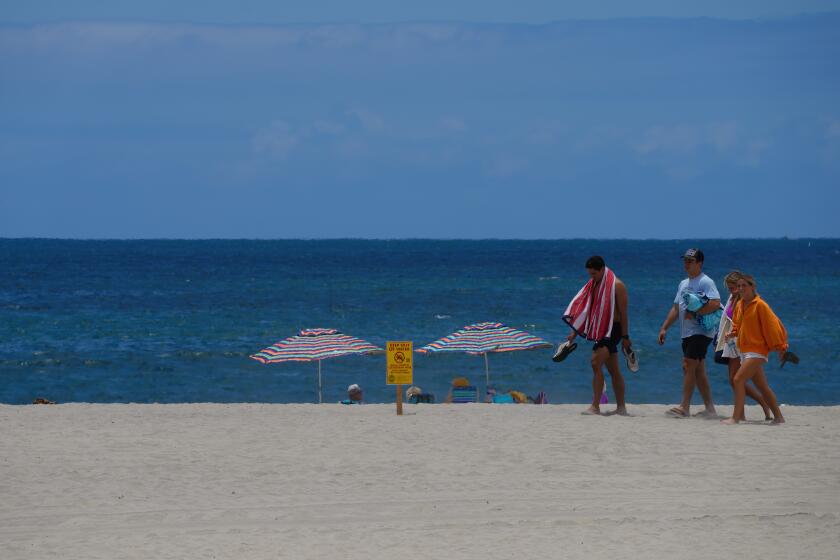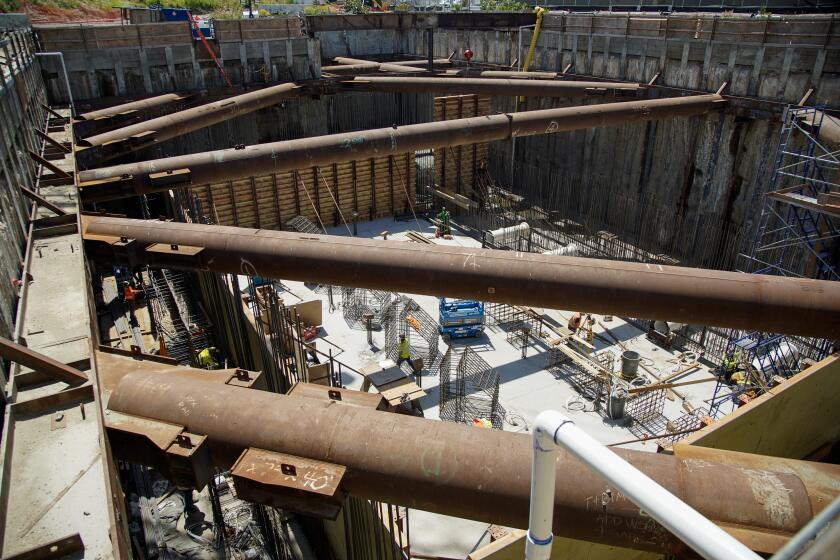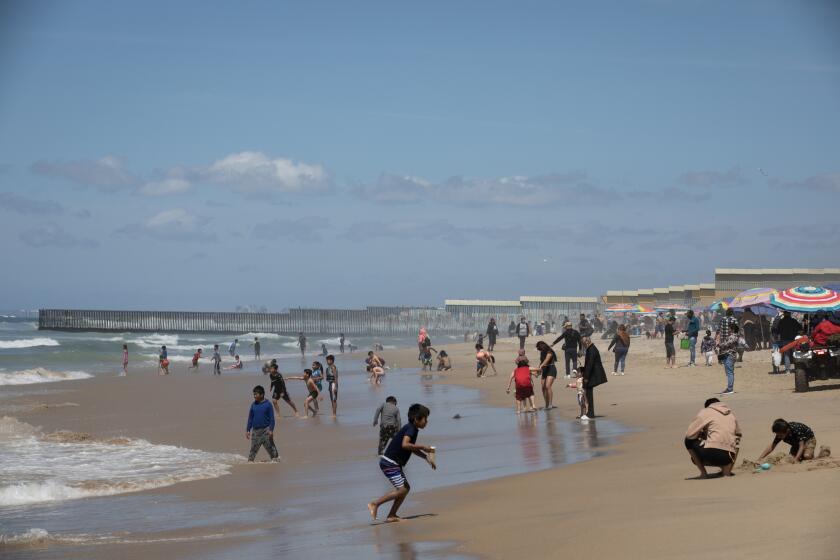UCSD climate scientist Ramanathan to receive prestigious Blue Planet Prize
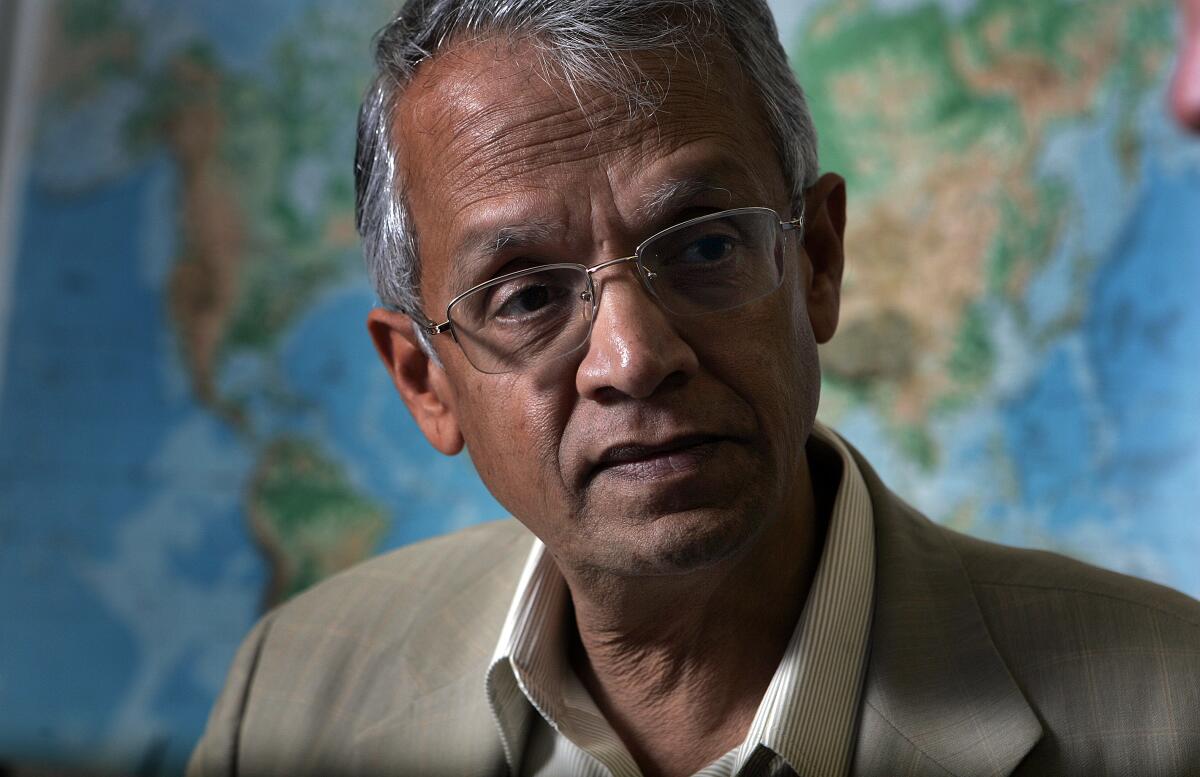
The eminent researcher pioneered work on climate change “super pollutants,” teamed with Pope Francis to raise awareness about global warming’s impacts on poorest nations
Renowned San Diego-based climate scientist Veerabhadran Ramanathan has been selected to receive the 2021 Blue Planet Prize.
The international award is given out annually by Japan’s Asahi Glass Foundation to honor those whose accomplishments have contributed to the “improvement of the global environment.”
Ramanathan, 76, a researcher and professor at Scripps Institution of Oceanography at UC San Diego, pioneered work on the first climate “super pollutants,” which play an outsized role in warming the planet.
For nearly 100 years, scientists believed carbon dioxide was the only human-produced greenhouse gas. Then in 1975, while working for NASA, Ramanathan established that chlorofluorocarbons, gases previously only associated with the depletion of the ozone layer, also contributed to climate change.
Ramanathan said he’s honored to receive the award, which has been bestowed on some of the world’s top climate scientists. That honor includes former Scripps researcher Charles David Keeling, who won the prize in 1993.
“I was totally surprised when I heard,” he said. “The people who’ve won that prize are people like David Keeling and (Syukuro) Manabe, who is like the father of climate-change science.”
Ramanathan went on to do groundbreaking work on the impact of atmospheric Brown Clouds, a mixture of soot, methane, ozone and industrial gases. His calculations predicted that such pollution would disrupt monsoon seasons now impacting millions of subsistence farmers in his native country of India.
Most recently, he’s worked with Pope Francis to raise awareness about the dire implications of climate change on the world’s most vulnerable populations.
Ramanathan, who serves as the Edward A. Frieman Endowed Presidential Chair in Climate Sustainability at Scripps, said it’s hard to celebrate when global temperatures continue to break records.
“I’m really upset,” he said. “These are solvable problems and scientists have given decades of advanced notice.”
Still, Ramanathan holds out hope that humanity can limit the worst impacts of warming. Specifically, he said, humanity can give itself a fighting chance if it can eliminate so-called super pollutants, such as methane from fracking, black carbon from diesel engines and hydrofluorocarbons from refrigerants.
These gases represent about 40 percent of human-caused global warming, being more than a thousand times more potent than carbon dioxide. However, their lifespan in the atmosphere stretches from just a few days to around a decade, compared to hundreds of years for carbon dioxide.
“Many young people think it’s hopeless, but it’s not,” he said. “We still have time. Not too much time, but we still have time by cutting the super pollutants.”
The planet has now warmed by about 1.2 degree Celsius over pre-industrial levels. Scientists have said that an increase of more than 1.5 degrees will lead to catastrophic drought, flooding, wildfires and other dire consequences.
Last year effectively matched 2016 as the hottest year on record, capping the warmest decade on record, according to NASA. The World Meteorological Organization recently said that there’s a 90 percent chance that record will be broken in the next five years.
Get Essential San Diego, weekday mornings
Get top headlines from the Union-Tribune in your inbox weekday mornings, including top news, local, sports, business, entertainment and opinion.
You may occasionally receive promotional content from the San Diego Union-Tribune.

